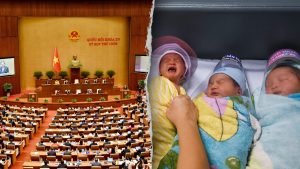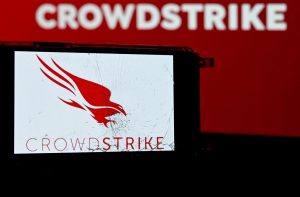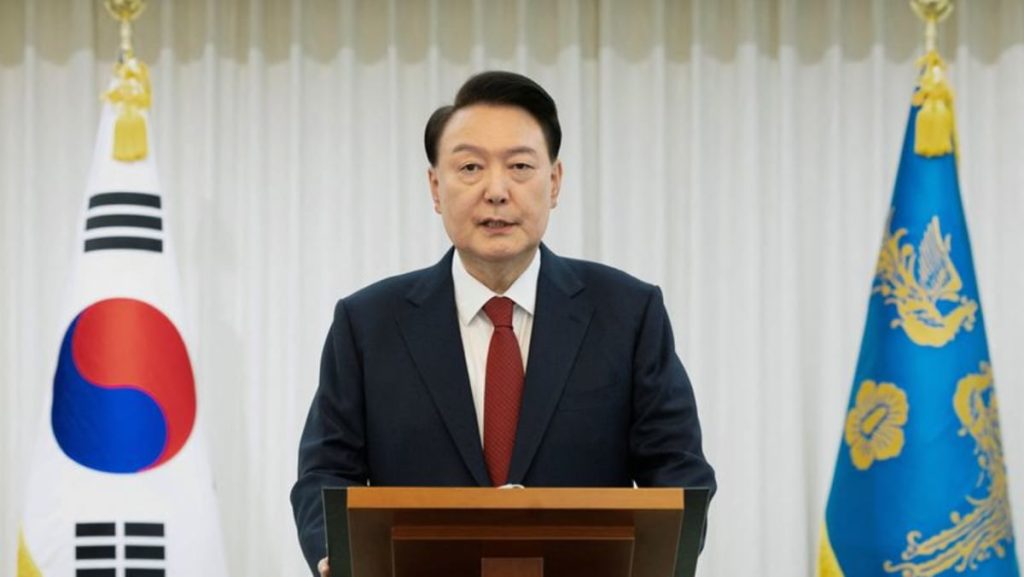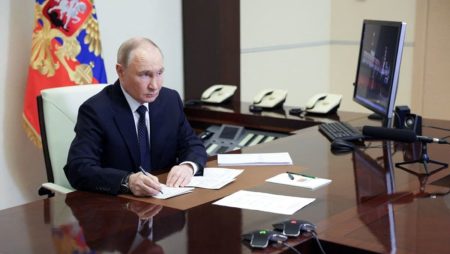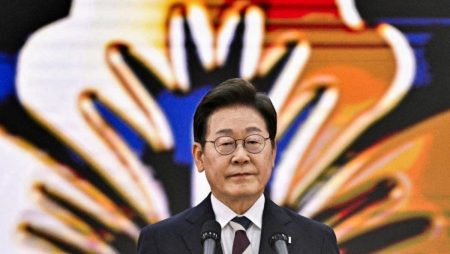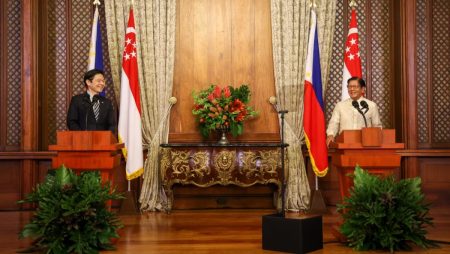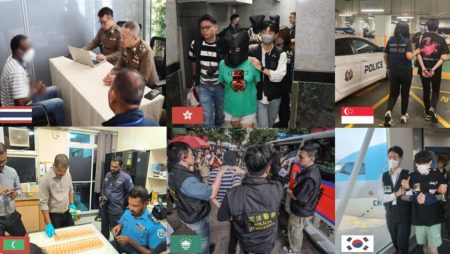The political landscape of an unspecified nation has been thrown into disarray following a dramatic power struggle between the president, Yoon, and the opposition-controlled national assembly. The crux of the conflict lies in Yoon’s controversial decision to declare martial law, a move he claimed was necessary to counter “anti-state forces” and political obstruction. This drastic action, however, was met with fierce resistance from the parliament, which promptly voted against the decree, forcing Yoon to rescind it within hours. While the short-lived martial law was quickly revoked, its ramifications continue to reverberate through the nation’s political system, sparking a constitutional crisis and leading to impeachment proceedings against the embattled president.
The impeachment motion against Yoon gained significant momentum, garnering support not only from the opposition parties, which held a majority in the 300-member national assembly, but also from a contingent of members within Yoon’s own People Power Party. This cross-party support proved crucial in achieving the two-thirds majority required for impeachment, with the final tally revealing 204 votes in favor, significantly exceeding the necessary threshold. The vote underscored the deep divisions within the ruling party, with figures like party chief Han Dong-hoon openly supporting the impeachment, arguing that it was essential for restoring political stability. This internal rift further complicates the already precarious political situation and highlights the erosion of support for Yoon even within his own ranks.
Yoon’s decision to invoke martial law, though short-lived, sent shockwaves through the nation and ignited a firestorm of criticism. He justified his actions by claiming that they were necessary to overcome political gridlock and defend the country from internal threats posed by politicians he accused of undermining democratic principles. Critics, however, viewed the move as a dangerous overreach of executive power and a blatant violation of the constitution. Large demonstrations erupted across the country, with protestors demanding Yoon’s resignation. The swift parliamentary rejection of the decree served as a powerful rebuke of Yoon’s actions, reinforcing the principle of checks and balances and highlighting the importance of upholding democratic norms.
The fallout from the martial law declaration continues to plague Yoon. Beyond the impeachment proceedings, he is also facing a criminal investigation for alleged insurrection, a charge stemming directly from his attempt to impose martial law. Authorities have further restricted his movement by imposing a travel ban, preventing him from leaving the country. These legal challenges further compound the political pressure Yoon is facing and underscore the seriousness of the allegations against him. His future remains uncertain, with the possibility of criminal charges and removal from office looming large.
Despite the mounting pressure, Yoon has remained defiant, vowing to “fight to the end.” He continues to defend his decision to declare martial law, reiterating his claims of political obstruction and the need for decisive action. His refusal to concede and his insistence on defending his actions, even in the face of widespread condemnation and legal challenges, suggest a deep-seated belief in his own righteousness and a determination to resist what he perceives as an unjust persecution. This unwavering stance sets the stage for a protracted political battle, with the potential for further instability and division within the nation.
The political crisis engulfing the nation represents a crucial test of its democratic institutions. The impeachment process, the criminal investigation, and the public protests all underscore the importance of accountability and the rule of law. The outcome of these proceedings will have far-reaching consequences, not only for Yoon’s political future but also for the future of the country’s democratic processes. The nation stands at a crossroads, grappling with fundamental questions of power, legitimacy, and the very essence of its democratic values. The resolution of this crisis will undoubtedly shape the political landscape for years to come.
